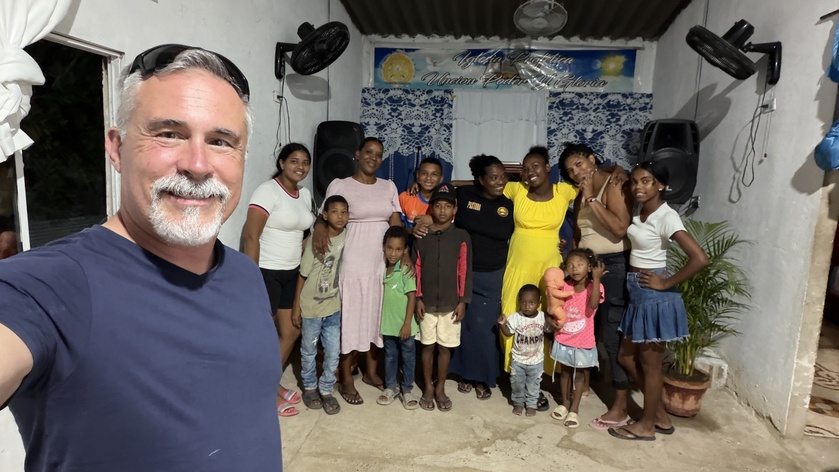Good Morning, everyone. Prepping: 😏 let me be the first to admit it's mind boggling to think about. Where to start?!? What do I need? Only you know that. I can give you my list, but, it will be different from yours. If you really want to "plan ahead" with your house, then it starts with a list. UGH-paper and pen 😏 WATER- FOOD-SHELTER.
#1- Learn from the past, get wisdom, get understanding. Always remember God said what He meant, and meant what He said.... Isaiah 33: 15-16
PRAY! We cannot hear a word from Him, if we have the TV going, and the noises of normal life, screaming for our attention. You are where you are. Adonai knows what you will need, where you live. Ask, and expect answers. Know the difference between His still small voice, that is prompting you to buy a bucket of wheat, or some dry milk VS the BUY these 10 things- NOW! If the voices are screaming buy up all the batteries that you can get your hands on, because we "might get hit by", and you spend 100 bucks on batteries, and don't have a week of water and food stored, you have your answer of where that came from.
Rely on His voice, which can only be heard in the still, calm, quiet peace. ASK for His help, and write it down what He tells you. It may sound crazy! It might not be what you expect. Remember, He is trustworthy, and will tell you what path to take.
Crossroads will come up. Expect it! You know His voice, we all do! Do something wrong and you hear it "you know better".. Yes, that voice.
#2- list what you do, every single day. 🤔 It's called activities of daily living. Get up, make coffee, etc. Once you have this list, then you can do a quick inventory. How much do I have, on hand, of the supplies for each activity?
In today's society, we live by the seat of our pants. "I will stop by the store and pick up milk." Actually, that is a BAD habit. It costs you more money by doing this. If you are not in the store, on a daily basis, then your impulse buying is removed. We have all said, I only came for milk, but saw I needed this, and picked up that, the 5.00 trip turned into 50 or 150 dollars.
Then the oh, that looks good, let me TRY that, and 3 months later, it's still on the shelf and you say.. Oh yes, I still need to try that. Get what you use! Everyone flew on the beans wagon in 2020, for "just in case". DO NOT "just in case" buy! Don't say, I can cook these beans, and make this and that. Do you make this and that, today? Then you will NOT make it tomorrow!
#3- ASK GOD! 🙂 Father, show me on this list, what I need to focus on. What do You see, that I will need to have on hand?
Side note: I do the shopping, it was a Saturday, and my husband decided he wanted to go. TP was on the list, and I grabbed my usual. Husband, says why are you getting that? Hello, it's TP! He said, why are you getting a small pack, when the big pack is cheaper? I wasn't going to argue, and said ok, whatever. Guess who didn't have to go buy TP when the chaos began?! God knew I wasn't listening. So, dear husband had to go with me to make sure we got what we "would" need.
Expect WHY to pop in your head. That's a ploy to get you off track. Learn to stop and focus. When you ask, what's for dinner, and you head to the freezer, to see a basket of laundry, oh, let me do that, and then, oh, let me put this away, and then 1 hour later....What's for dinner? Yeah, that's the voice of chaos. Learn to say NO! What's for dinner was the question. Complete that task. Once you get into that habit, that basket of laundry, won't be sitting there to side track you, because you took the time, earlier to finish that task.
STILL small voice.
What if? I wonder what's going to happen? How will we make it? We can't because..... When these things show up and they will..stop and ask, who wants to know? God doesn't ask, what IF! God doesn't do- just in case!


























